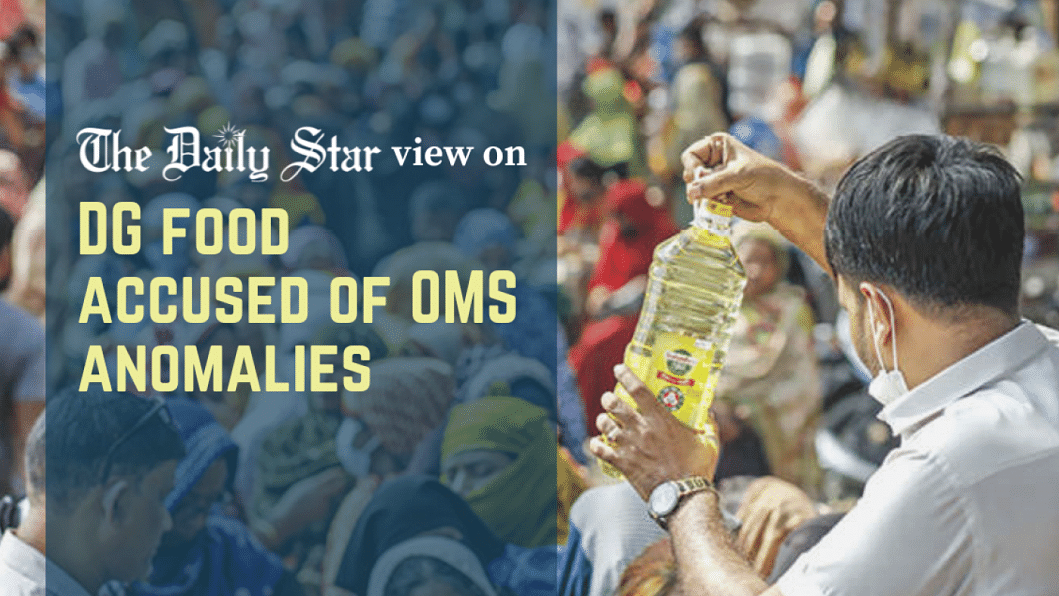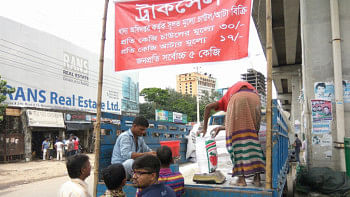Damning audit reports on government offices deserve scrutiny

After every unflattering media portrayal of government offices or officers, the standard response that trips off their tongue is flat denial – calling such reports "fabricated" – or, more conveniently, silence. But how will they defend themselves against accusations from the government's own oversight institutions? Over the past two weeks or so, The Daily Star has exposed the contents of several audit reports by the Comptroller and Auditor General (CAG), opening up a rather big can of worms. In all of them, without exception, different offices of the government were flagged for major financial irregularities.
The latest such report to come to our notice is on the Directorate General of Food. In it, the CAG raised objections about financial anomalies involving the distribution of 70,035 tonnes of rice through Open Market Sale (OMS) in FY 2019-20. The food directorate apparently sold the rice worth Tk 59.33 crore to OMS dealers, but didn't deposit the money with the public exchequer. Where did the money go then? Despite the DG Food's attempt to rubbish the CAG's reasoning as "inappropriate", the fact is, it is the directorate's responsibility to ensure that proceeds from OMS sales are duly deposited with the treasury and to keep a record as per the 2015 OMS policy, which it failed to do.
The food directorate apparently sold the rice worth Tk 59.33 crore to OMS dealers, but didn't deposit the money with the public exchequer. Where did the money go then?
This, we must say, has tainted an otherwise noble initiative meant to help poor people cushion the blow of Covid-induced lockdown across the country. There have been other audit objections as well. For example, of the 20,266 tonnes of rice allocated for Dhaka division, around 1,000 were not sold at all to the target groups. There have been also instances of OMS security fees from Dhaka dealers remaining unclaimed for more than three years, or collecting lower security deposits than stipulated in the OMS policy, or not collecting it at all. The directorate also couldn't produce 198 muster rolls containing details on the sale of 973.65 tonnes of rice by three of its offices, although it is necessary to maintain such records.
This is a pretty damning indictment and should be investigated properly. Unfortunately, so far, the authorities have shown little interest in following up on reports of Covid-time irregularities when published in the media. Irregularities of this kind were found not just in subsidised food distribution or listing of beneficiaries for relief packages, but in many other sectors as well. The CAG audit objections only confirm that those media reports were anything but fabricated. They show us how widespread corruption has been during and before the Covid period, including in the health directorate, public hospitals and other healthcare facilities, the ministries of agriculture and fisheries and livestock, the Bangladesh Petroleum Corporation, etc.
How will the authorities respond now? Will they continue to be in denial as before? Or will they own up to their failure to check corruption? We urge the government to take stern actions to make its offices and officers accountable.

 For all latest news, follow The Daily Star's Google News channel.
For all latest news, follow The Daily Star's Google News channel. 





Comments